Before you bring out the carving forks, I realise it has only just turned November and yes, I am talking about Christmas.
But bear with me, there is a point to this absurdly early festive discussion.
With Christmas getting seemingly earlier every year, the sight of stacked share-sized chocolate boxes and decorations crammed into supermarket shelves is met with a range of emotions – some of them not very Christmassy.
Especially in the midst of ongoing worldwide conflict and a cost-of-living crisis, the sight of sparkly goods might be met with dread and exhaustion.
Do not worry, you are not a Grinch. You could just be suffering the early symptoms of a widespread festive condition called Christmas fatigue.
Has society created the perfect Christmas ‘monster’?
Before you panic, this is of course really plain-old fatigue or burnout wrapped in a nice seasonal bow.
It is not incurable and it is actually something experienced by more people than we like to admit.
Perhaps it is the mix of high workloads, endless celebrations, the darker nights and getting that perfect gift that can create a bubble of stress and anxiety.
Add in society’s high expectations of the perfect, joy-filled family holidays and some argue we have created the perfect festive “monster”.
A survey carried out by Slumber Cloud in the United States in 2021 found that one in three adults suffer from “holiday burnout” with many saying it sets in before mid-December.
And in the north-east, it is no different.
For psychologist Professor Ewan Gillon, clinical director of First Psychology Aberdeen, January tends to be their busiest month.
He said: “What we see is that the post-Christmas period in January is the busiest time of year for us because so many people have a bad experience over Christmas for so many reasons.
“They then feel they have to do something to change their life. And that says something about how we do Christmas that is perhaps worth remembering.”
Festive expectations can make us feel we are not good enough
While he stressed the reasons are often different for each person, Prof Gillon said Christmas is a time where a lot of people struggle and face burnout.
“That often manifests itself in symptoms of tiredness, of low mood, of feeling listless, feeling perhaps overwhelmed and a bit helpless,” he added.
“It’s not being able to cope perhaps quite in the way that you normally would with things just feeling a bit overwhelmed.”
This could be due to the “stress” of the season, the lower level of light at that time of year, or our experience of Christmas not matching up to what is being sold in adverts and media.
“It means that can be really hard for us to match up to,” he said. “That makes us feel we’re not good enough.
“Our lives aren’t the way we feel they should be socially or are defined by the meaning of Christmas.
“As an experience, it is something that is infused with pressure and stress.
“We often don’t see that and neglect it. We neglect that this is a really difficult time for many people because of kind of the expectations and the meanings that are associated with it.”
Get ahead of fatigue and stress
For those already weighed down by dread he suggested people “make Christmas your Christmas” and start thinking about doing what works for them.
Rather than comparing, Prof Gillon said people should work out what is meaningful to them and not bow to the pressures of the festive period.
At Christmas, he added: “Our life is pulled out of shape a bit in terms of what we normally do everyday, the things that keep us well, the coping strategies that we have.
“So I’d be really trying to kind of don’t make it such a big deal try and keep the shape of your life as much as you can.”
A big part of this stress, exhaustion and heavy sense of expectations is the act of giving gifts.
In the past, a present may have been a way of showing someone value or love.
However, associate professor at RGU‘s School of Creative and Cultural Business, Pauline Bremner, said this sometimes “goes out the window”.
After studying gift giving among adults and children, she said she realised the reasons for this have changed.
A lot of the time, parents may try and make up for different circumstances through giving presents or to try and match what others have given.
She said: “For me some of the meaning had gone out of it and it becomes this consumer culture where we feel pressurised into giving a considerable amount of items.
“People are out earlier to look for things. There’s always this kind of if you don’t buy it now you might not get it because it might sell out.
“I think the messaging is always coming out very, very early…I think the messaging is always buy, buy, buy as much as you can.”
‘We’re missing the message’
All this pressure along with constant Christmas stock, messaging and also the cost-of-living crisis can be very tiring and take the joy out of the build up to the event.
“The message is going a bit astray,” Prof Bremner added.
“We’re missing the message – I’m gifting you that because I think you will appreciate it and enjoy it.
“It shouldn’t be about you will like me better because I’ve given you this gift. It just becomes an exchange.
“There is quite a lot of overconsumption around it and part of me wondered if we’ve created a bit of a monster.”
She added there are still people who the act holds a lot of meaning but encouraged those thinking of braving the filling up shops to not be afraid to take a step back, a breath and do things a bit differently this year.
Prof Bremner said: “I think in terms of gifting…ask what people want or check in and say what should we really do here. Maybe have some way forward of getting something of more value to people.”
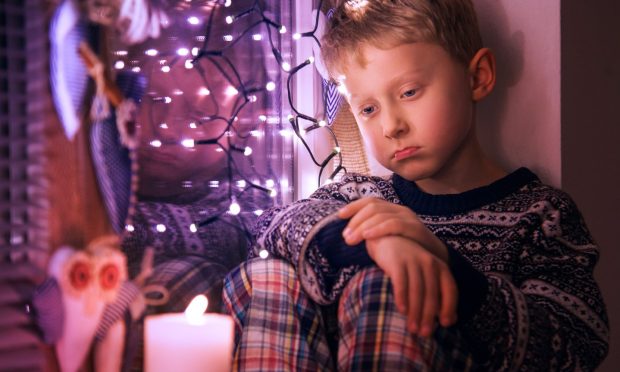
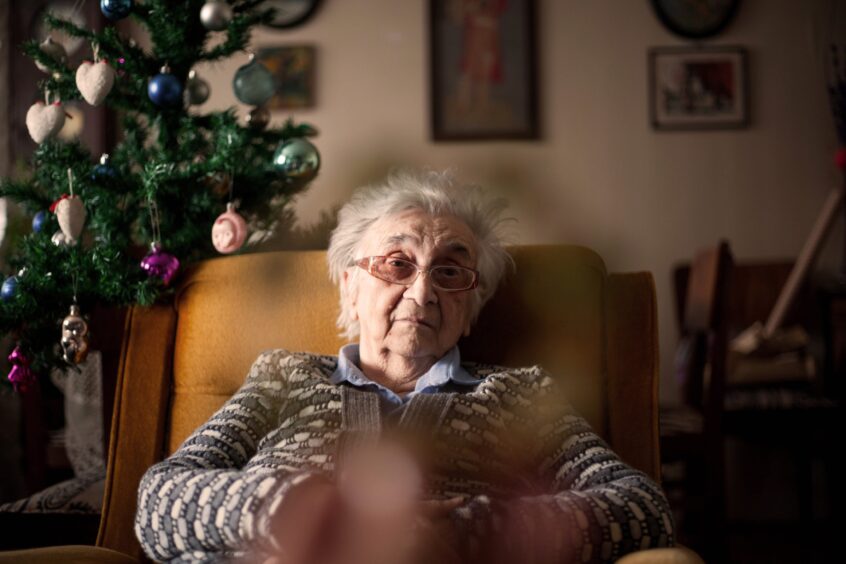

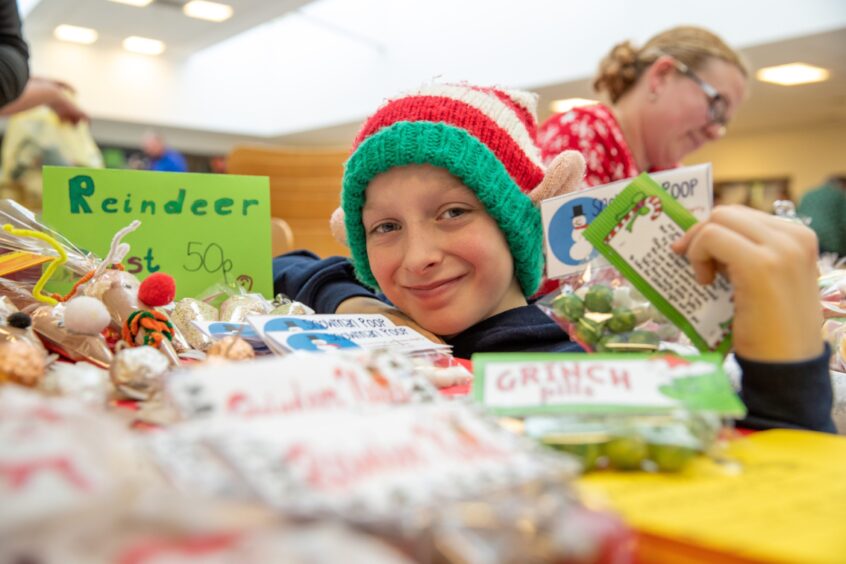

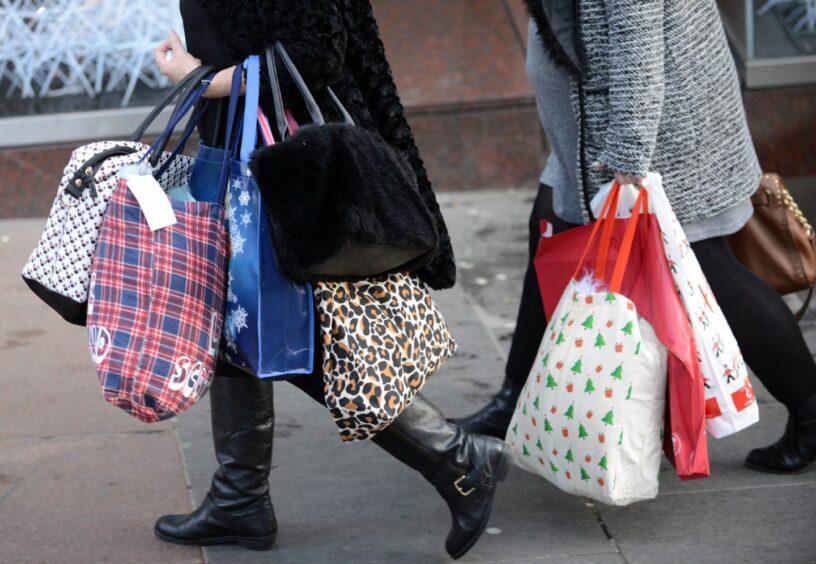
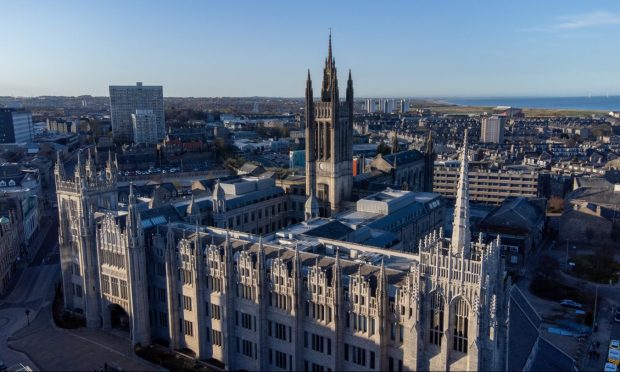
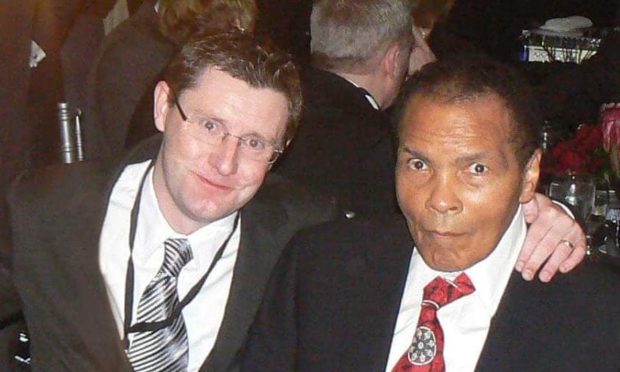




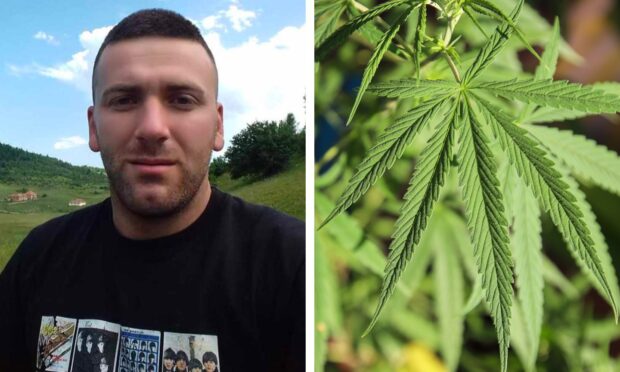

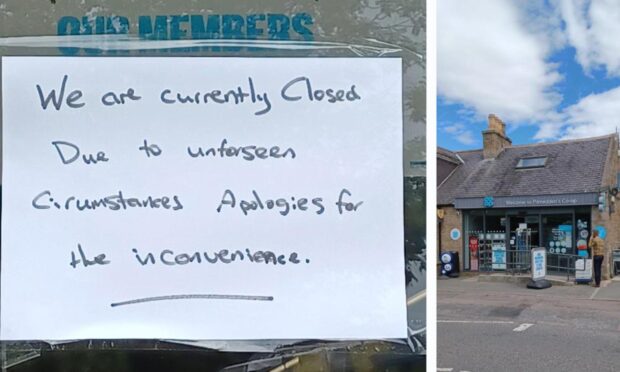
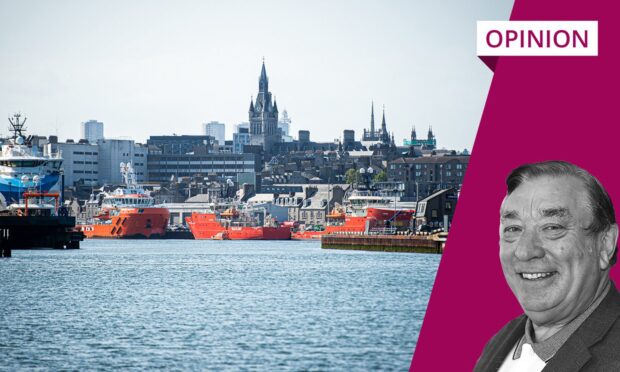
Conversation